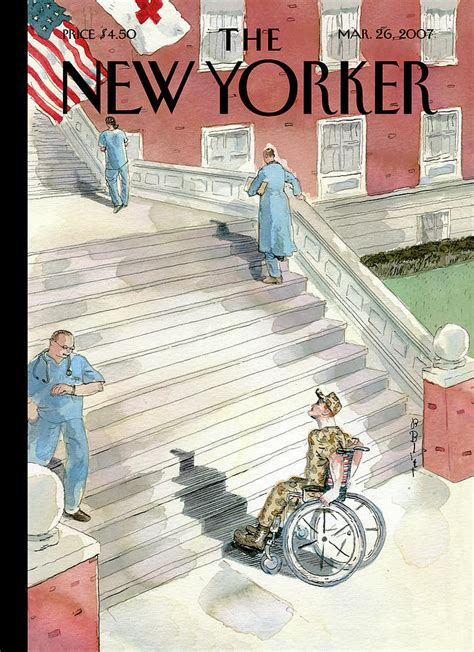Top 87 Desktop Quotes & Sayings - Page 2
Explore popular Desktop quotes.
Last updated on April 16, 2025.
Tom Snyder was born to broadcast. He loved television and it loved him back. In that, he was a member of a vanishing breed, especially as narrowcasting displaces broadcasting, 'online' replaces 'on the air,' and any Tom, Dick or Mary can be monarch of a desktop domain, uplinking themselves to satellites in space.
When I'm online and I see a picture I want to draw of anybody or anything, a unique angle of them or just something that looks very drawable, I slide it to my desktop and put it in a folder. It just seems like every picture of Trump is a revelation. Any angle. I didn't know a person could look like that. His facial expressions - he really is a cartoon. He's like an instruction manual of how to caricature someone.
I think a lot more people are able to take on a design challenge than ever before. And this was true 20 years ago when the desktop publishing revolution came about that allowed people with Macintosh's at home to produce professional-looking newsletters or publications for the first time. So, there's a long march toward more democratization for design.
Desktop publishing was a big innovation that meant small groups or even poor societies could do their own publication without the capital investment in a major printing press. That's a big difference. Same is true of more advanced technologies - it can offer plenty of liberatory possibilities - can - but whether it does or not or whether it serves for coercion depends on socioeconomic decisions.
At its very core, virtual reality is about being freed from the limitations of actual reality. Carrying your virtual reality with you, and being able to jump into it whenever and wherever you want, qualitatively changes the experience for the better. Experiencing mobile VR is like when you first tried a decent desktop VR experience.
Bill sees and understands the possibilities of a connected world and has the expertise and the experience to help make it a reality, ... As more and more consumers want to take their connectivity with them beyond the desktop, Bill's vision will be critical in charting the company's future course and delivering on the promise of AOL Anywhere.
It was 4 or 5 years into my first design job before the idea of doing graphic design on computers started taking hold. I started working in 1980, the Macintosh was introduced in 1984, then the real desktop publishing only started coming around in 85-86, but it wasn't really until the end of the decade that the transition became irresistible.
I noticed you the first week. Not just because of how pretty you are, though of course, that played into it. It was the way you lean onto your elbows when you 're listening in class, when something catches your interest. And when you laugh, it's never to get attention, it's just-laughter. The way you obssevively tuck your hair behind your ear on the left side, but let the right side fall down like a screen. And when you 're bored, you tap your foot soundlessly and move your fingers on the desktop like you 're playing an instrument. I wanted to sketch you.
When I was young, there was an amazing publication called The Whole Earth Catalog, which was one of the bibles of my generation. It was created by a fellow named Stewart Brand not far from here in Menlo Park, and he brought it to life with his poetic touch. This was in the late 1960's, before personal computers and desktop publishing, so it was all made with typewriters, scissors, and polaroid cameras. It was sort of like Google in paperback form, 35 years before Google came along: it was idealistic, and overflowing with neat tools and great notions.
























